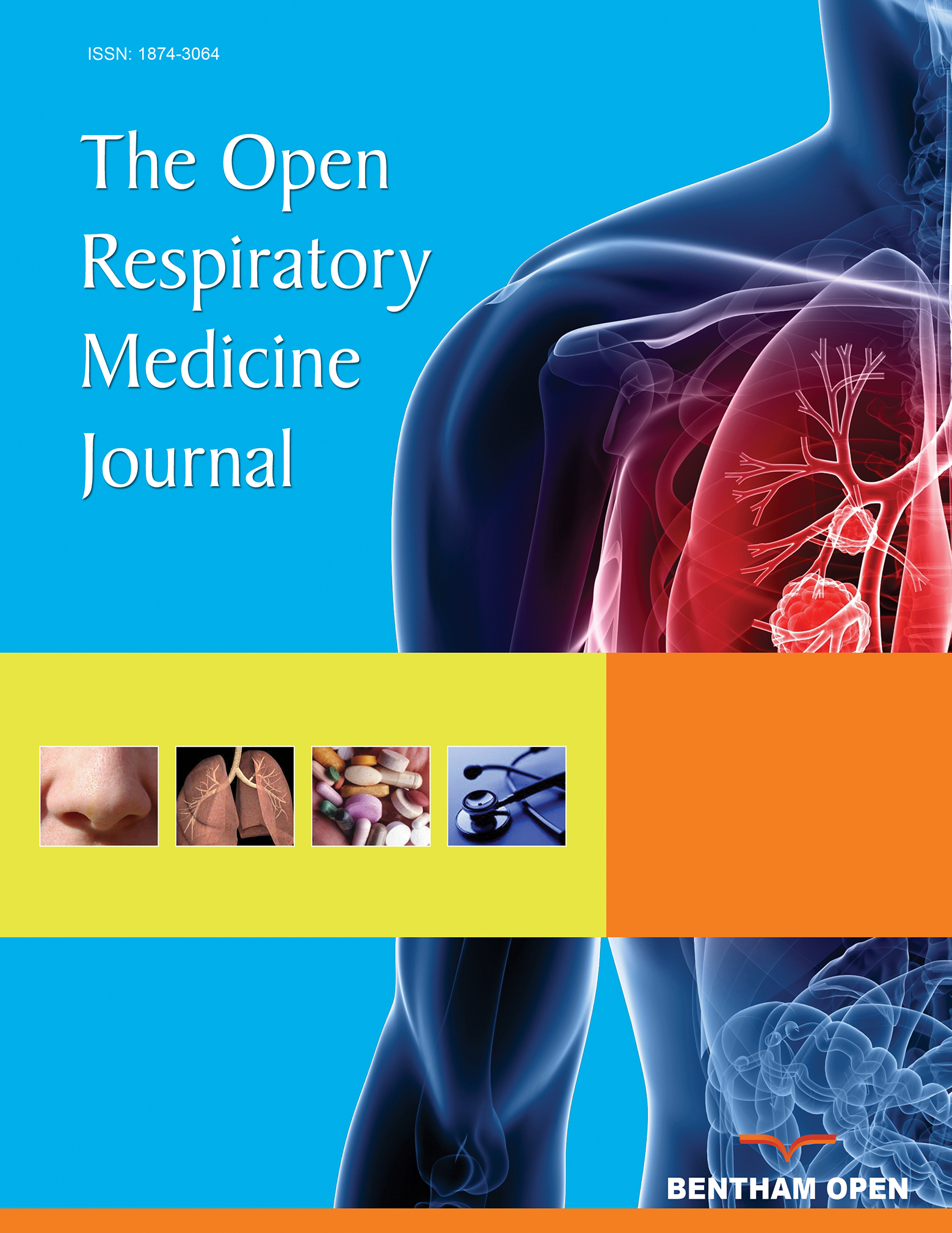Effect of Short-Term Exposure to High Particulate Levels on Cough Reflex Sensitivity in Healthy Tourists: A Pilot Study
Abstract
Background:
Previous studies have reported a relationship between particulate air pollution and respiratory symptoms or decline in lung function, but information about acute effects of short-term exposure to airborne particulate matter (PM) on cough and pulmonary function is scarce.
Objective:
To investigate the effect of short-term exposure to high concentrations of PM on the cough reflex threshold, urge-to-cough, pulmonary function, and cough-related quality of life in a group of healthy non-resident volunteers visiting Beijing, China.
Methods:
Seventeen healthy residents of Sendai, Japan, who planned to attend a meeting in Beijing, were recruited. We checked local air quality and measured cough reflex thresholds, urge-to-cough, pulmonary function, and Leicester Cough Questionnaire-acute (LCQ-acute) scores in the volunteers before, during, and after their trip to Beijing.
Results:
The PM2.5 and PM10 concentrations in Beijing were significantly higher than those in Japan on the measurement days. Cough reflex thresholds, expressed as nebulized citric acid concentrations required to induce ≥ 2 and ≥ 5 coughs, were significantly lower during the stay in Beijing than before or after the visit. Vital capacity, forced expiratory volume in one second (FEV1), forced vital capacity (FVC), and FEV1/FVC were significantly lower during the stay in Beijing than before the trip. Similarly, the urge-to-cough threshold was significantly lower during the stay in Beijing than after the trip, as was the total LCQ-acute score.
Conclusion:
We tentatively concluded that short-term exposure to high PM concentrations may have adverse effects on cough reflex and urge-to-cough thresholds, pulmonary function, and cough-related quality of life.


